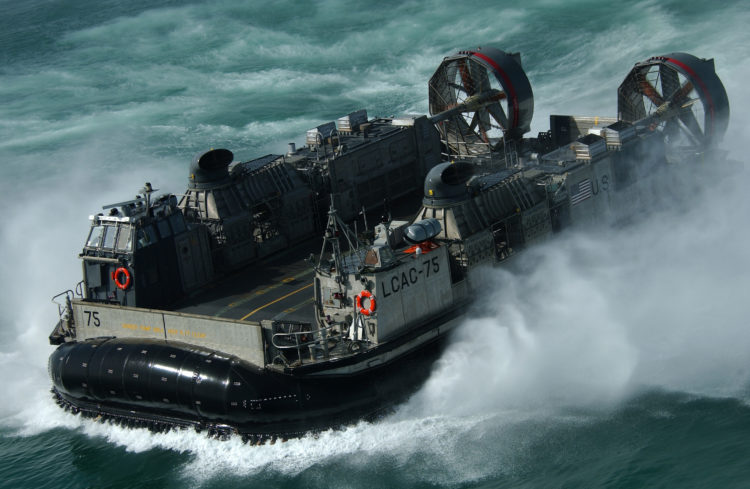“The security realities on the ground in Libya are growing increasingly complex and unpredictable,” said Marine Corps Gen. Thomas Waldhauser, the head of U.S. Africa Command. “Even with an adjustment of the force, we will continue to remain agile in support of existing U.S. strategy.”
Libya has been governed by rival forces jockeying for power since the 2011 uprising, during which the nation’s long-time dictator, Muammar Gaddafi, was killed. There are now dozens of militias staking claims to different regions of the country, most of which have recently begun aligning themselves with either the U.N.-backed Government of National Accord (GNA), which is based out of the nation’s capital in Tripoli, or with the Libyan National Army (LNA), which is backed by Egypt and the United Arab Emirates. The LNA, while lacking control of the nation’s formal capital, maintains an extremely strong presence in the nation’s eastern regions.
Prime Minister Fayez al-Serraj of the U.N.-backed GNA has accused the LNA, led by General Khalifa Haftar, of attempting a coup with their attack on Tripoli, and has vowed that the rebel troops will be met with force.
Heavy clashes on the southeast outskirts of Tripoli, #Libya. pic.twitter.com/jNeovemqCy
— Jake Hanrahan (@Jake_Hanrahan) April 6, 2019
Now, with this surprise offensive against the capital threatening to plunge the nation into full-fledged civil war, the United States has opted to withdraw personnel who could be at risk during the conflict. However, U.S. officials have not formally indicated how many U.S. citizens are being evacuated, nor is it publicly known how many (if any) Americans will remain.
Video of clashes near Tripoli international airport between the LNA and GNA#Libya #Tripoli pic.twitter.com/Uoz1gyLjQn
— CNW (@ConflictsW) April 7, 2019
Footage began to surface on social media early Sunday morning of U.S. Navy Landing Craft Air Cushion (LCAC) hovercraft landing on the beach in Janzour, which is approximately 15 miles from Tripoli’s city center. The footage appears to show the hovercraft landing, loading, and making a hasty exit back to sea where nearby U.S. Navy vessels were waiting.
Footage of U.S Africa command personnel being evacuated from Libya to a U.S navy ship in the Mediterranean this morning #Libya #Tripoli pic.twitter.com/BsuMo9PbPC
— CNW (@ConflictsW) April 7, 2019
“Due to increased unrest in Libya, a contingent of U.S. forces supporting U.S. Africa Command temporarily relocated in response to security conditions on the ground,” a U.S. Africa Command press release reads. “U.S. Africa Command remains committed to a secure and stable Libya, which contributes to regional security. U.S. Africa Command is conducting prudent military planning while continuing to assess the security situation. The command is making the personnel adjustments in response to the evolving security situation.”










COMMENTS